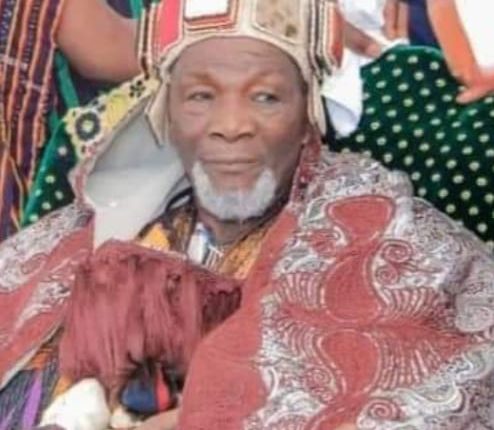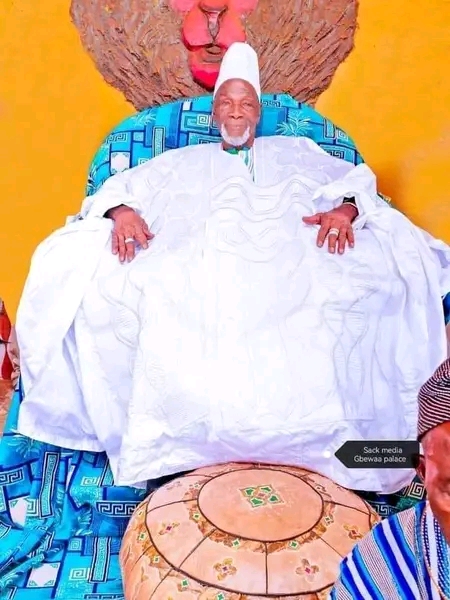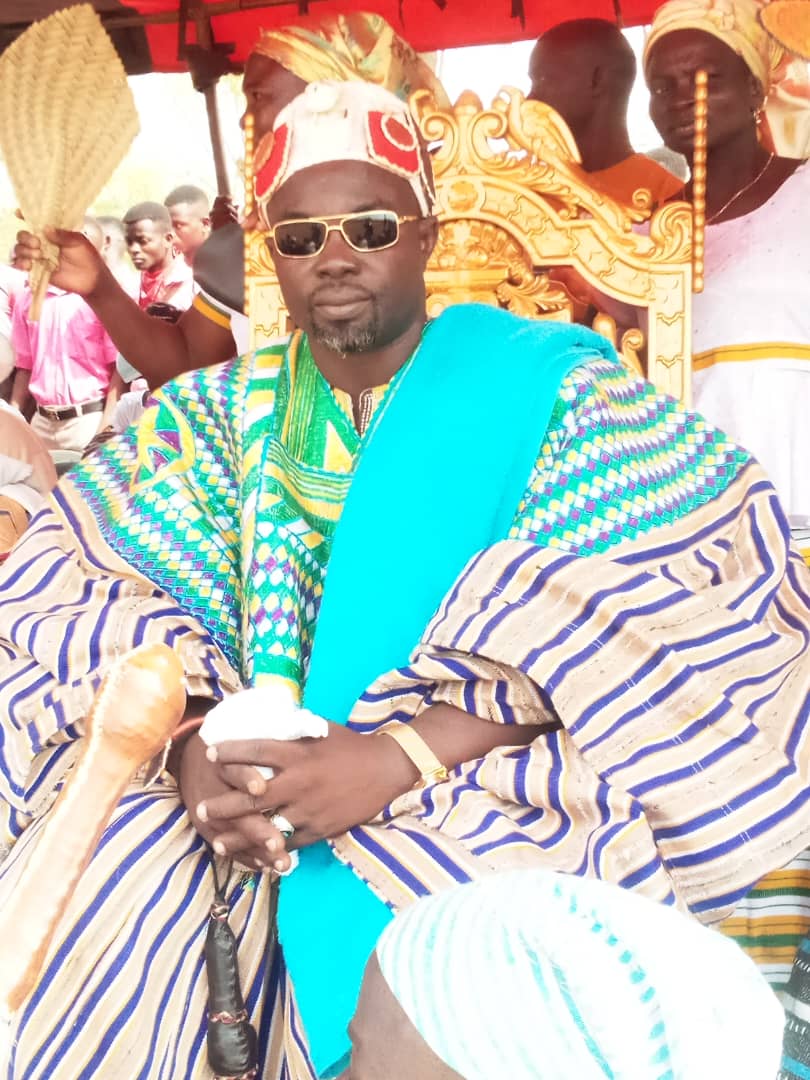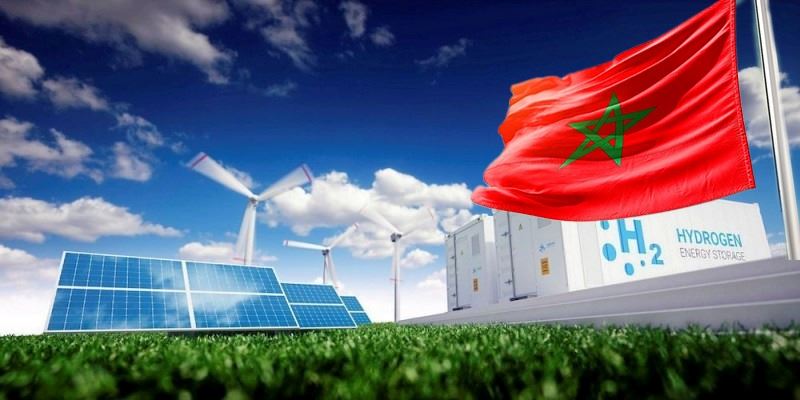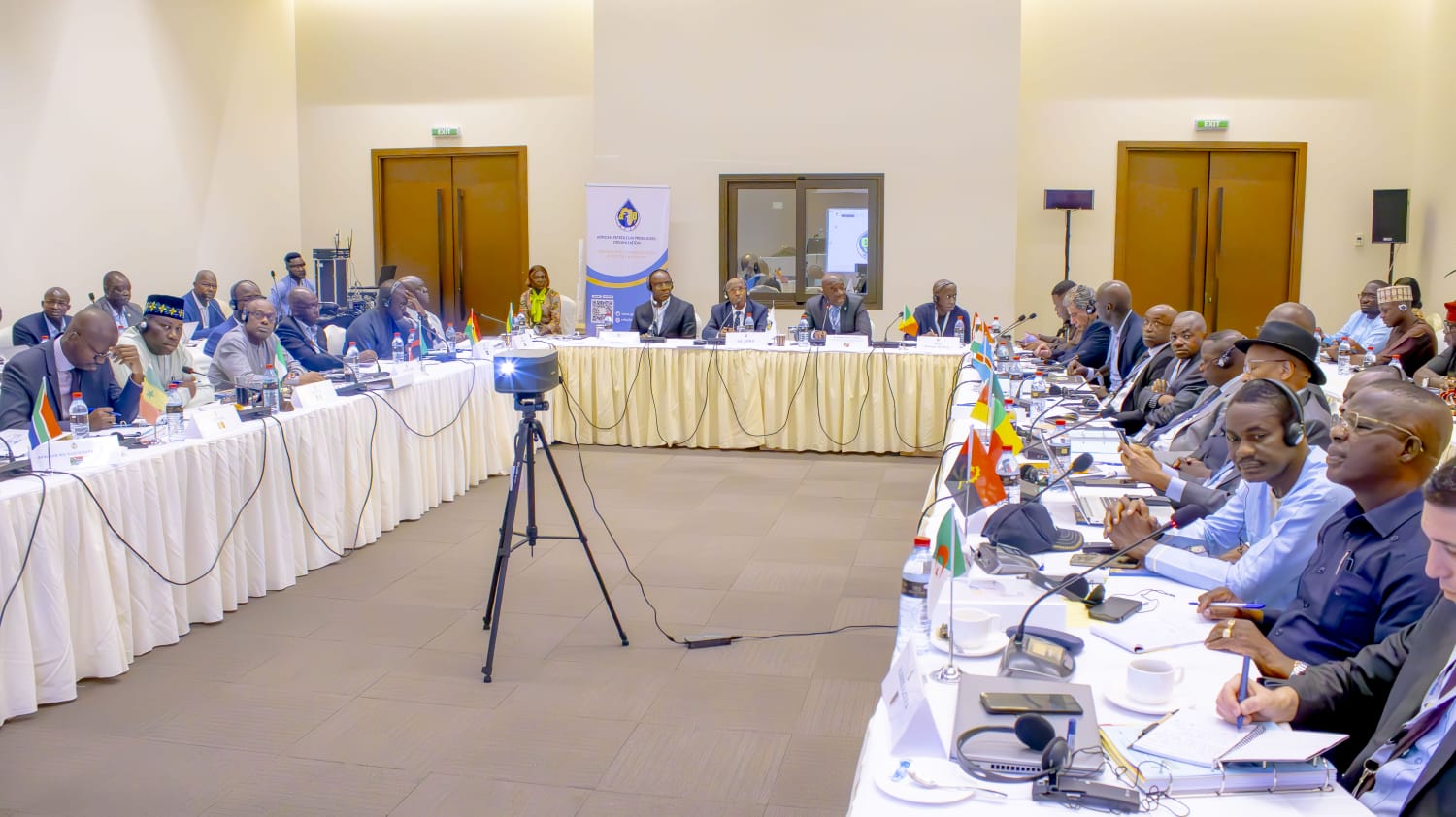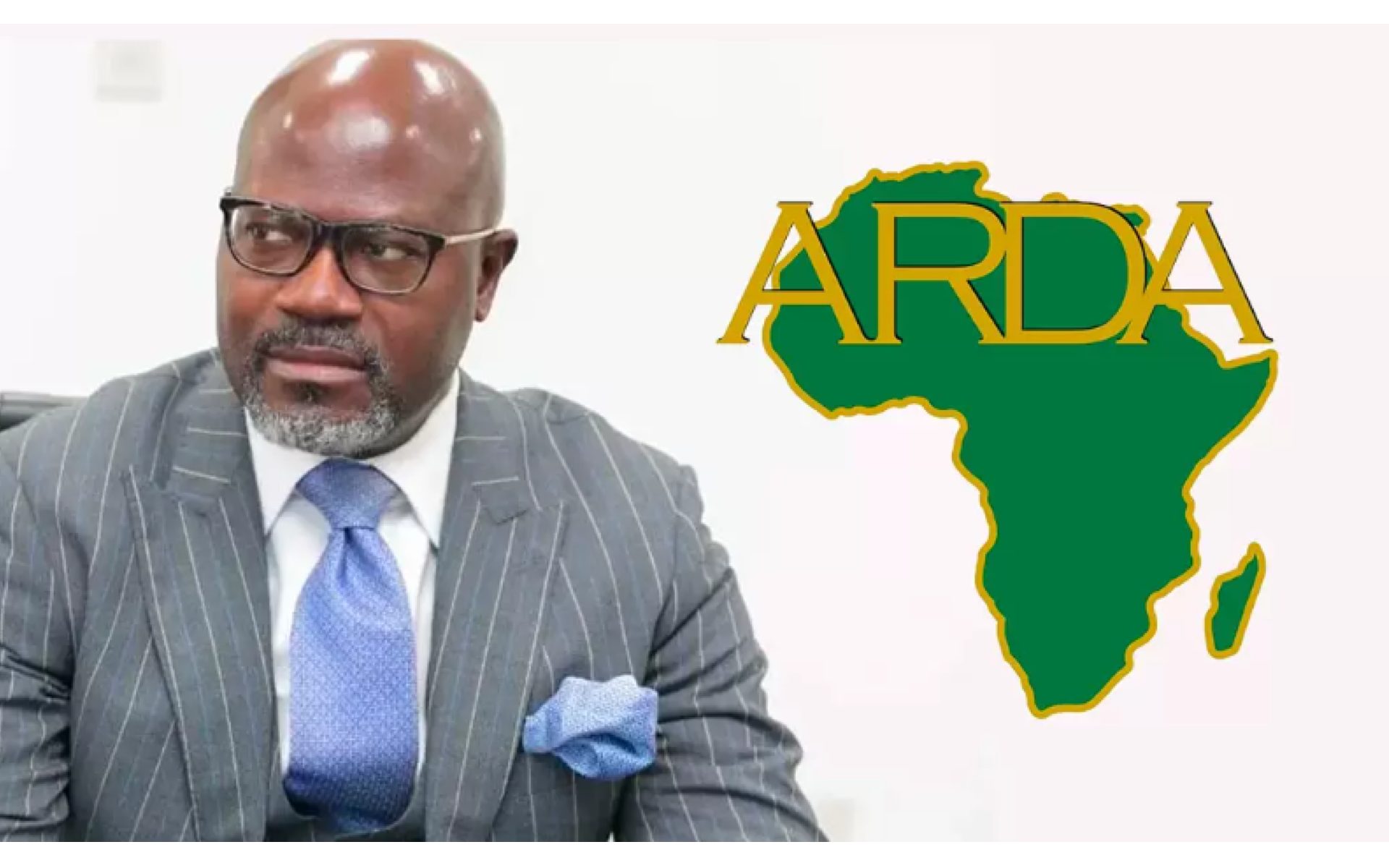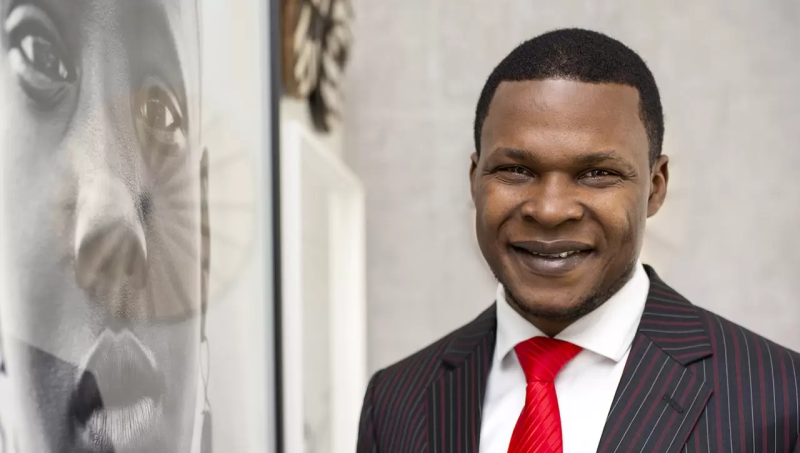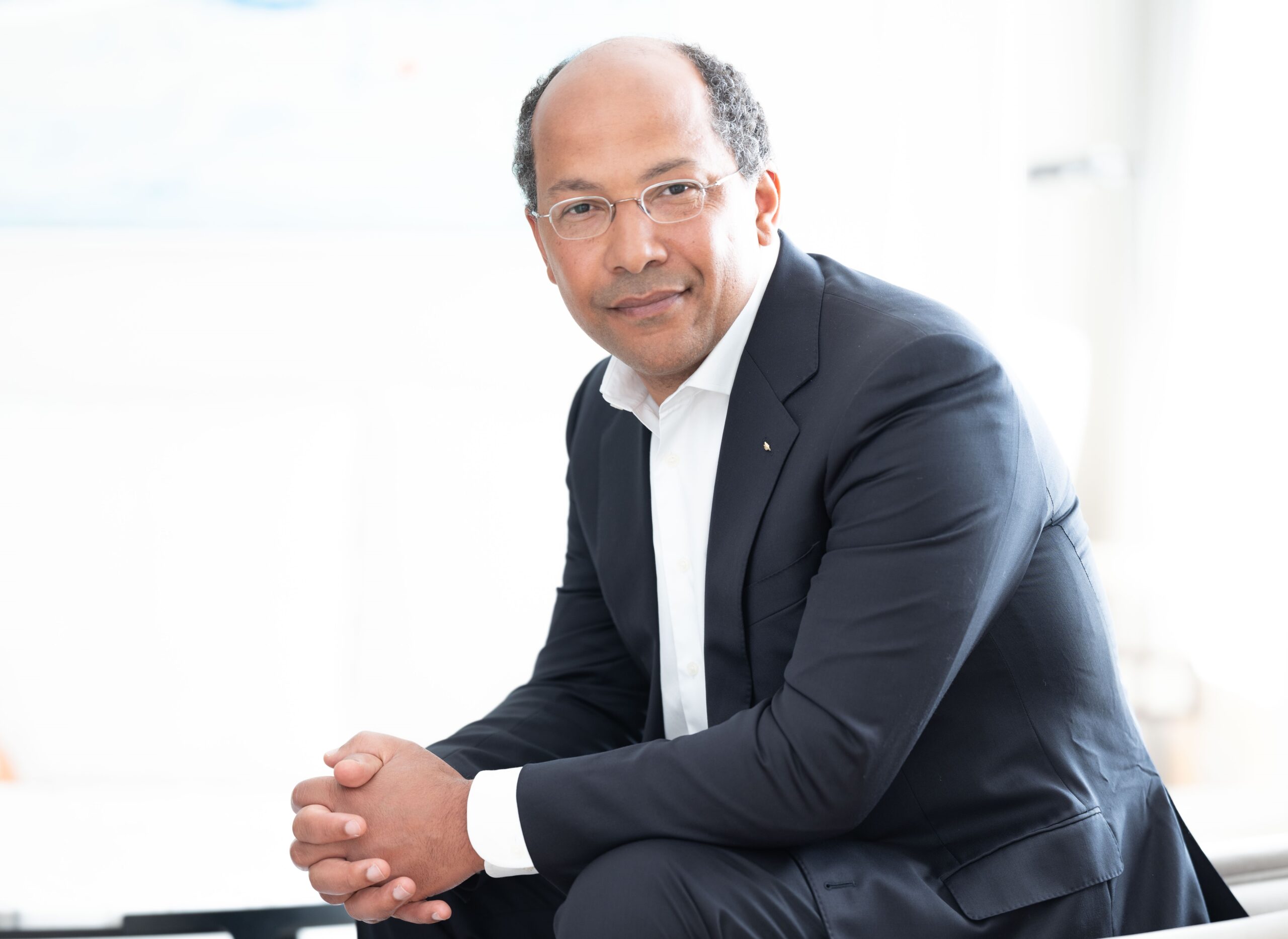Story: Abdul Razak Mohammed
His Royal Majesty, ndan,Ya Naa Abukari I, the King of Dagbon (Dagomba Kingdom), Northern region of Ghana, says Dagombas and Konkombas have an age-long good neighborliness, mutual respect and peaceful co-existence track record.
This, he noted, spans a period of three hundred years until sadly and from nowhere, bad blood crept into their midst since the 1990s resulting into the first ever Dagbamba-Konkomba armed conflict.
His Royal Majesty said humans as they are, cannot once a while, escape misunderstandings and conflicts and should they happen to encounter such, it takes cool and level headedness employing dialogue not use of arms, in other to find a resolution and restore peace once again.
He therefore advised more interactions, and networking between Dagbamba and their Konkonba brethren in their efforts to repair the damages and reactivate the age-old peaceful co-existence they had once enjoined for centuries. Exposing of trouble mongers and enemies of peace from both sides for the law to take its course would also be prudent under the given circumstances he added.
Dagbon’s King, also reminded the security authorities about his previous call on them to arrest and prosecute youth using social media to make posts content of which is intended to offend other ethnic groups, beat false war drums, create fear and panic and to heighten ethnic tension.
Dagbamba and Konkonbas he noted, were one people, eat same food have similar cultural norms and values and should therefore build upon that to ensure sustainable peaceful co-existence between the two ethnic groups.
The Ya Naa was speaking during the visit of a Konkonba-Dagomba peace delegation to the Gbewaa Royal Palace in Yendi the seat of Dagbon Kingship on Saturday.
The delegation comprised members of Saboba, Wapuli and other Konkonba communities headed by His Royal Highness, the Paramount Chief of Saboba in the company of other Dagomba Paramount chiefs. The visit was as the byproduct of mutual consultation between the Konkonba side led by Saboba Paramount Chief,Saboba Naa Ubor Bowan John Sakojim IV.
and the Dagomba side the Paramount Chief of Karaga,Naa Bakpema Kari-Naa Abdulai Natogmah
His Royal Majesty appreciated the Paramount Chief of Saboba for the affirmative action that sought to nib in the bud the Zogbie menace which he said claimed seven lives, so it doesn’t escalate into another Dagbamba-Konkonba war.
Touching on the issue of land the source of the Zogbie incident, His Royal Majesty didn’t mince words in saying that by the laws of the country he as King of Dagbon is the custodian of all lands in Dagbon which he holds by trust on behalf of the people of Dagbon.
This, he said, had been categorically stated in the 1996 Kumasi Peace Accord signed between Dagombas and Konkombas after the most unfortunate first ever armed conflict between the two age-old neighbours.
The various paramount chiefs are responsible for the oversight responsibility of lands under their various jurisdictions.
His Royal Highness, Na Yeb Kug Na on his part, said that if a Dagomba and a Konkonba picks up a quarrel it should be treated as a quarrel between one Dagomba individual and another one Konkonba individual but not to be taken as a fight between the two tribes such that members from one tribe would just simply pick up guns and start killing each other leading to an inter-ethnic war as has become the sad practice today.
Dagombas and Konkombas he intimated, were like the twin halves of one splitted calabash in other words they are one and the same people
His Royal Highness also observed that land acquisition in Dagbon had laid down procedure which those interested in acquiring and utilizing land for any purpose, had to follow like all others do. Land acquisition through guns and spears are no more acceptable in this modern era.
The District Chief Executive(DCE) of Yendi, Hon Abubakar who represented government said President Nana Akufo Addo’s government was following the peace efforts with keen interest the efforts being made towards addressing the Zogbie incident.
The President he says also appreciates the peace efforts being pursued by His Royal Majesty,ndan Yaa Naa Abukari I,since his coronation up till date.
Hon Abubakar said President Nana Addo says he takes cognizance of the fact that, His Royal Majesty’s peace efforts is not limited to Dagbon alone,but it extends as far as Nanum and Kpandai.
The President,Hon Abubakar assed,also highly appreciates His Royal Highness,the Paramount Chief of Saboba for his untiring and selfless efforts to ensure that the Zogbie incident doesn’t escalate into another inter-ethnic war.
